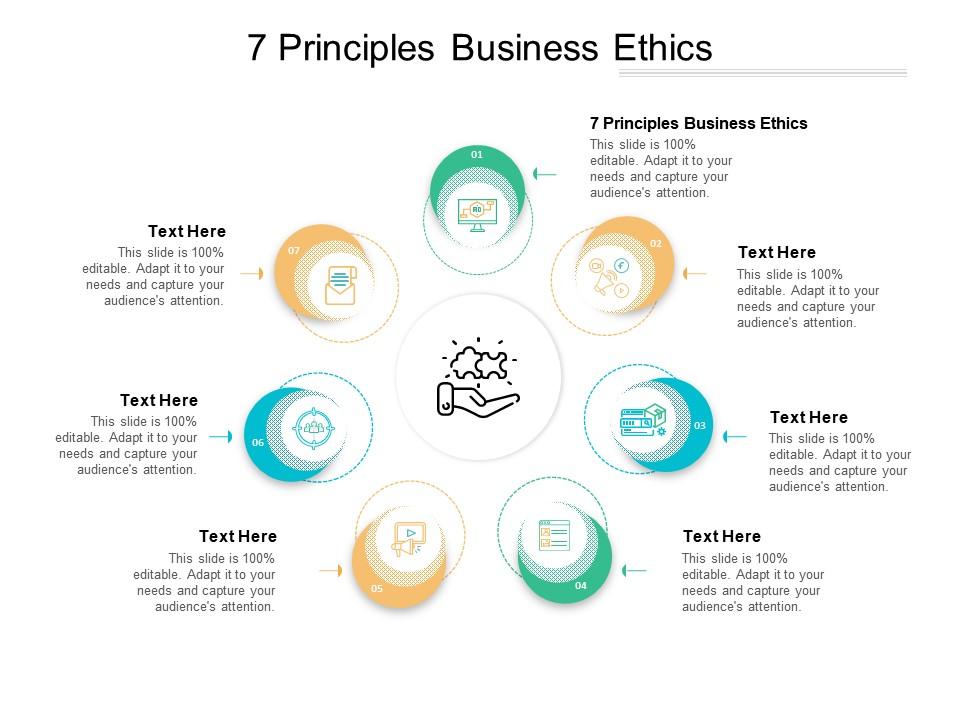
Championing Justice Civil Rights Litigators Leading the Way
Championing Justice: Civil Rights Litigators Leading the Way
The Role of Civil Rights Litigators
Civil rights litigators play a pivotal role in safeguarding fundamental freedoms and advocating for equality and justice for all members of society. With their expertise in constitutional law, discrimination statutes, and civil rights regulations, these legal professionals are at the forefront of challenging systemic injustices and defending the rights of marginalized communities.
Protecting Individual Liberties
One of the primary responsibilities of civil rights litigators is to protect individual liberties enshrined in the Constitution and statutory laws. They represent clients who have experienced discrimination based on race, ethnicity, gender, sexual orientation, religion, or disability in various settings, including employment, housing, education, and public accommodations. Through litigation and advocacy, civil rights litigators seek to hold accountable those who violate the rights of others and secure remedies for victims of discrimination.
Challenging Systemic Discrimination
Civil rights litigators also engage in strategic litigation aimed at addressing systemic discrimination and inequality. They file class-action lawsuits and impact litigation cases targeting policies, practices, and institutions that perpetuate injustice and disenfranchise vulnerable populations. By challenging discriminatory laws, regulations, and practices, civil rights litigators seek to effectuate systemic change and promote greater equity and inclusivity in society.
Advocating for Social Justice
Beyond the courtroom, civil rights litigators are active advocates for social justice and policy reform. They collaborate with grassroots organizations, community leaders, and policymakers to advance legislative and regulatory initiatives aimed at combating discrimination and promoting civil rights protections. Through public education campaigns, media outreach, and community organizing efforts, civil rights litigators amplify the voices of those affected by injustice and mobilize support for progressive social change.
Promoting Diversity and Inclusion
In their professional practice and organizational affiliations, civil rights litigators are committed to promoting diversity, equity, and inclusion within the legal profession and society at large. They advocate for greater representation of historically marginalized groups in legal institutions, bar associations, and judicial appointments. By fostering a more diverse and inclusive legal community, civil rights litigators strive to enhance access to justice and ensure that legal representation reflects the diverse perspectives and experiences of all individuals.
Collaboration and Coalition Building
Effective advocacy for civil rights often requires collaboration and coalition building among diverse stakeholders and allies. Civil rights litigators work closely with other legal professionals, civil rights organizations, advocacy groups, and community members to advance common goals and objectives. Through strategic partnerships and collective action, they leverage their collective expertise and resources to achieve meaningful impact in the pursuit of justice and equality.
Addressing Emerging Challenges
Civil rights litigators confront a range of emerging challenges in their pursuit of justice, including evolving forms of discrimination, technological advancements, and shifts in legal doctrine and jurisprudence. They remain vigilant in identifying new threats to civil rights and devising innovative legal strategies to address emerging issues such as algorithmic bias, digital privacy rights, and online harassment. By staying abreast of developments in law and society, civil rights litigators adapt their advocacy efforts to effectively address contemporary challenges and protect the rights of all individuals.
Upholding the Legacy of Civil Rights Activism
The work of civil rights litigators builds upon the legacy of civil rights activism and the achievements of past generations who fought tirelessly for equality and justice. They honor the sacrifices of civil rights leaders and movement participants by continuing the struggle for civil rights and expanding the scope of legal protections for marginalized communities. Through their dedication, passion, and unwavering commitment to justice, civil rights litigators embody the spirit of activism and contribute to the ongoing quest for a more just and equitable society. Read more about civil rights litigators








